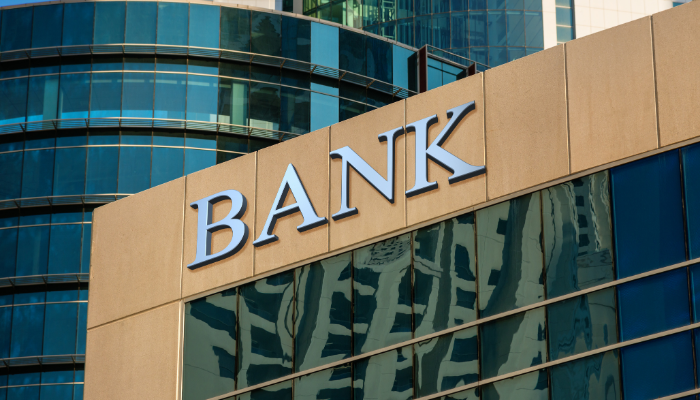
When small businesses think about financing options, the first thing that usually comes to mind is a bank loan. Business loans are a viable option for established, well-funded businesses. However, if your business is a recent start-up, or if you don’t have a large amount of cash sitting in the bank, you may find bank financing may not be the right choice for your agency.
What are the Drawbacks of Bank Financing?
- Difficult application process. Most business owners will tell the worst part of getting a bank loan is the application process. Banks do not like risks. They want to know that any loan they give out has a high chance of being paid back. To verify this, they want to know everything about the company’s finances for the past few years. And if that is not satisfactory, the process can get personal.
- Application process can involve personal finance. If your company does not have its own credit history, or is just in the start-up stage, banks will be very reluctant to lend money. To get further into the loan process, the bank may need to look at the owners’ personal finances. They want to know the owners are creditworthy.
- May require personal guarantee. If the bank’s search into the business’s and owners’ finances is not enough, they may require the owners to sign a personal guarantee for the loan. That means, if the business defaults on the loan, the owners are still liable for paying it out of their personal funds.
- Adds debt to the financial statements. When a business takes on a loan, it goes on the company’s financial statements as a liability. Liabilities bring down the owner’s equity in the company and can be read as a negative by potential investors. While businesses often take on debt as they grow, excessive debt is not good for vigorous growth.
- Amount of money is fixed. Bank loans usually come in one of two forms. It is either a fixed amount of money or a line of credit with a maximum amount authorized. With a fixed loan, you get a certain amount of money, and that’s it. There is no more. If you have a line of credit, you have a maximum amount available. You cannot go beyond that amount. If your business is growing quickly, a fixed loan or a line of credit may not give you what you need.
- Paying interest as well as principal. With a bank loan, you start paying principle with your first payment. And you keep paying that interest for as long as the loan is active. The exact amount of interest you pay will vary by the interest rate, the amount of the loan and the repayment period.
- May be restricted for use in a specific part of your business. Banks want to know why you need a business loan. When you specify that you need it to buy new equipment, or to expand your business space, the bank will make the loan for that purpose. That means you cannot use it for any other purpose, which can be too restrictive for some businesses.
Is There an Alternative to Bank Loans?
Factoring is a financing option that many small businesses use. It offers cash advances for up to 90% of the value of open invoices. When a customer pays the invoice, the factoring agency takes a small fee out of the remainder and sends the rest back to you. This fee can range from 3% to 8% of the invoice total.
The advantages that factoring offers over bank loans is obvious.
- The application process in usually done in a couple of days.
- The amount available for a cash advance is only restricted by the qualified open invoices you have.
- You can use the advanced money for any purpose, with no restrictions.
- There is no interest accruing while waiting for customer payment.
- There is no personal credit or guarantees involved with factoring.
- It is all based on the creditworthiness of your customers, not your business.
If your business needs financing, and a bank loan is not an option, factoring is something you seriously need to consider. It works for many kinds of businesses and can be used for any business need you might have.
















